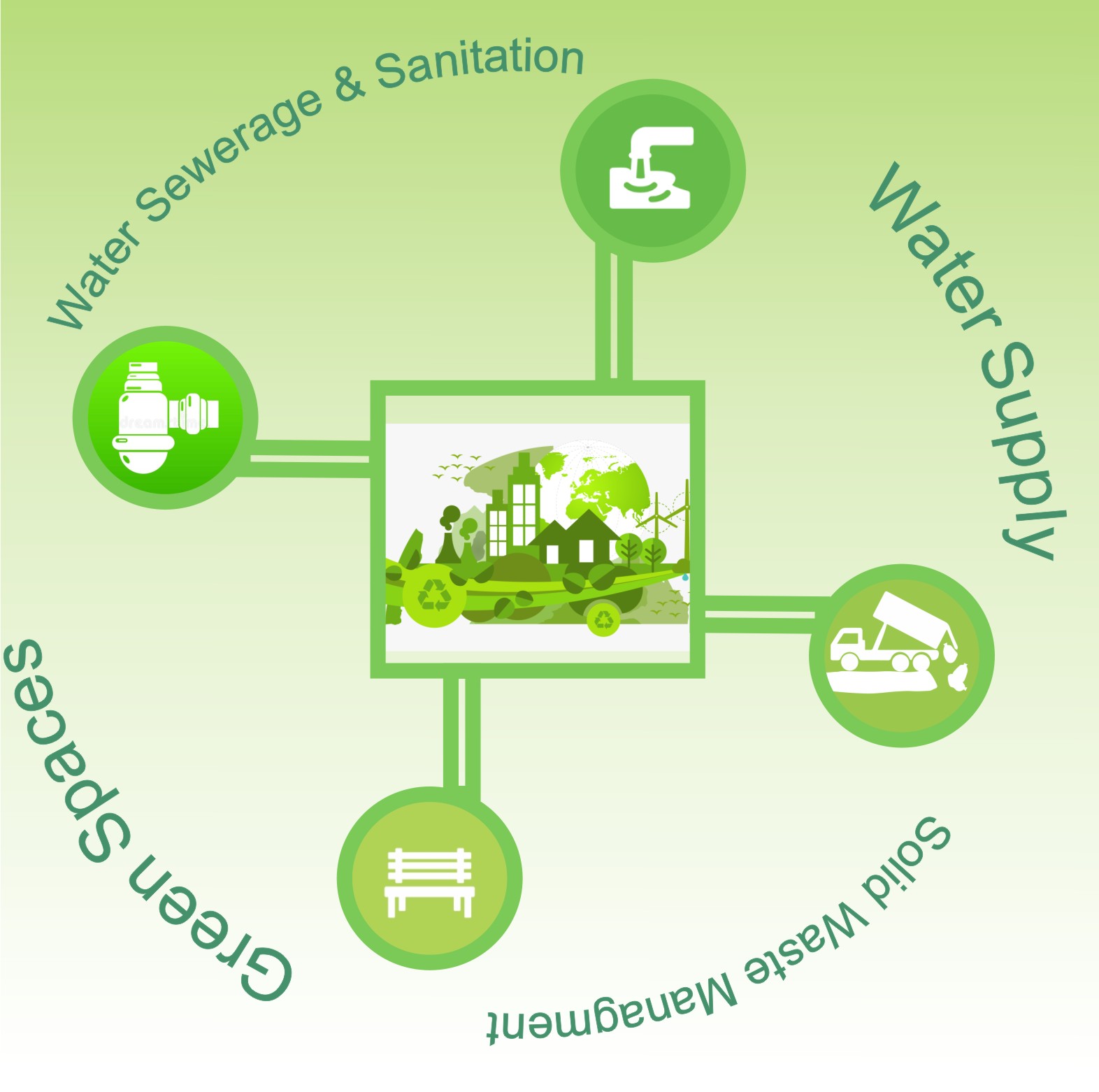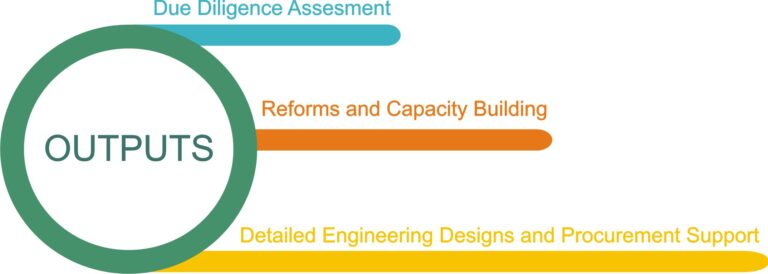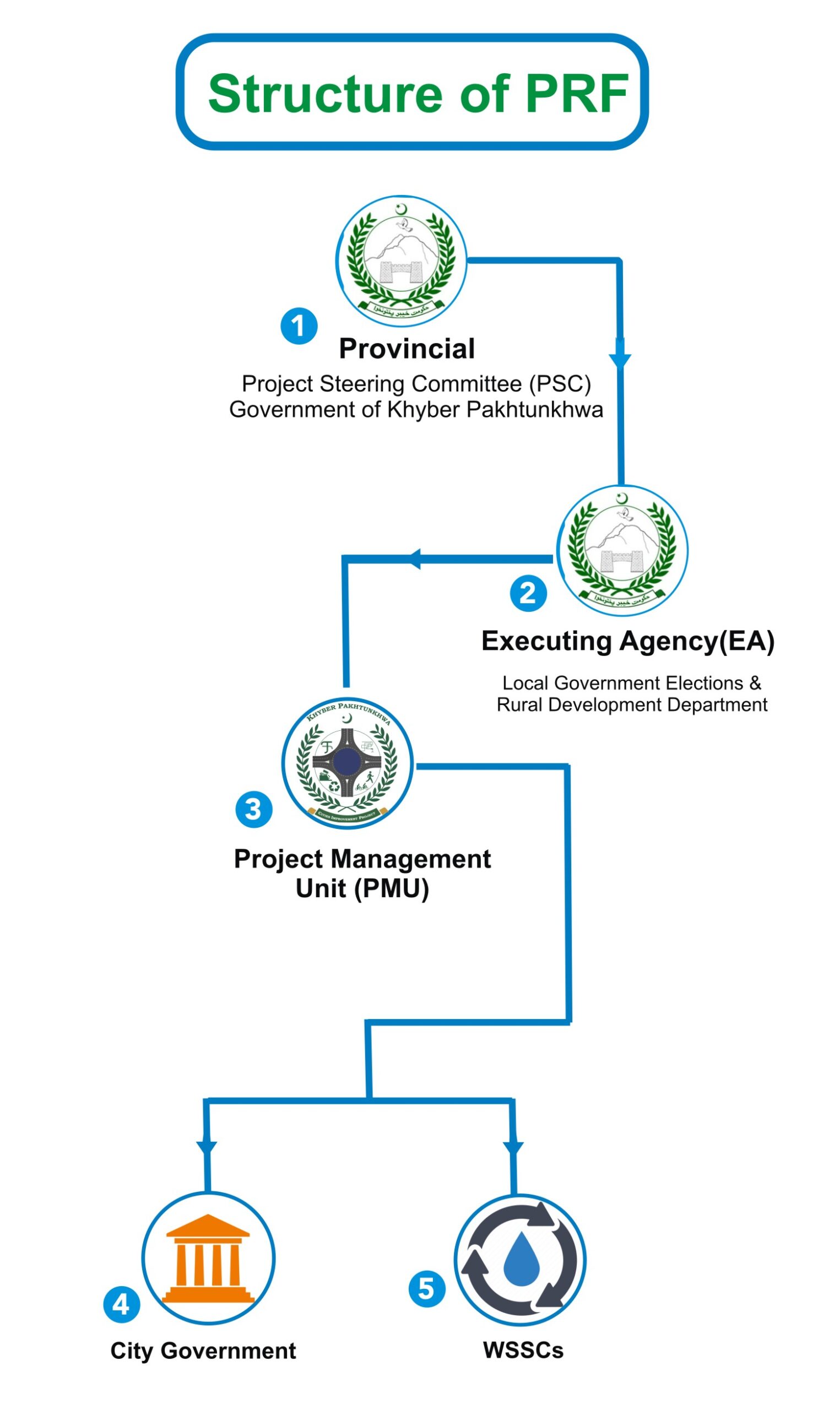KHYBER PAKHTUNKHWA CITIES IMPROVEMENT PROJECT (KPCIP)
The cities in Pakistan’s Khyber Pakhtunkhwa (KP) Province generate about 80% of the province’s wealth and are home to about 20% of the province’s population. Over the past two decades the urban population has grown by 74% at an average annual growth rate of 3%, causing the urban environment to expand rapidly in an uncoordinated, unplanned, and unregulated manner. Basic urban services such as water supply, wastewater collection and treatment, storm water drainage, and urban transport facilities are increasingly unable to respond to the population pressures and economic demands. This has increased the demand to develop the water management and sanitation systems and to make the cities more liveable with improved public health.

The Government of Pakistan has initiated Khyber Pakhtunkhwa Cities Improvement Projects (KPCIP), with the financial assistance of Asian Development Bank (ADB), initially aiming to improve the quality of life of the residents of at least five Khyber Pakhtunkhwa cities, namely Abbottabad, Kohat, Mardan, Swat and Peshawar, by enhancing the livability of the projected cities and effectiveness of urban services through water supply, sanitation, sewerage system, sewage treatment, solid waste management and green spaces development programme, directly benefitting about 3.5 million of urban population.
KPCIP will help projected cities improve their access to quality urban services through three outputs:
- Enhanced municipal infrastructure and public urban spaces
- Strengthened institutional capacities and efficiency of provincial, municipal and citygovernments and urban service companies.
- Development of green spaces.
PROJECT READINESS FINANCING (PRF)



